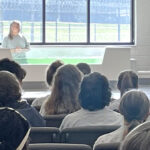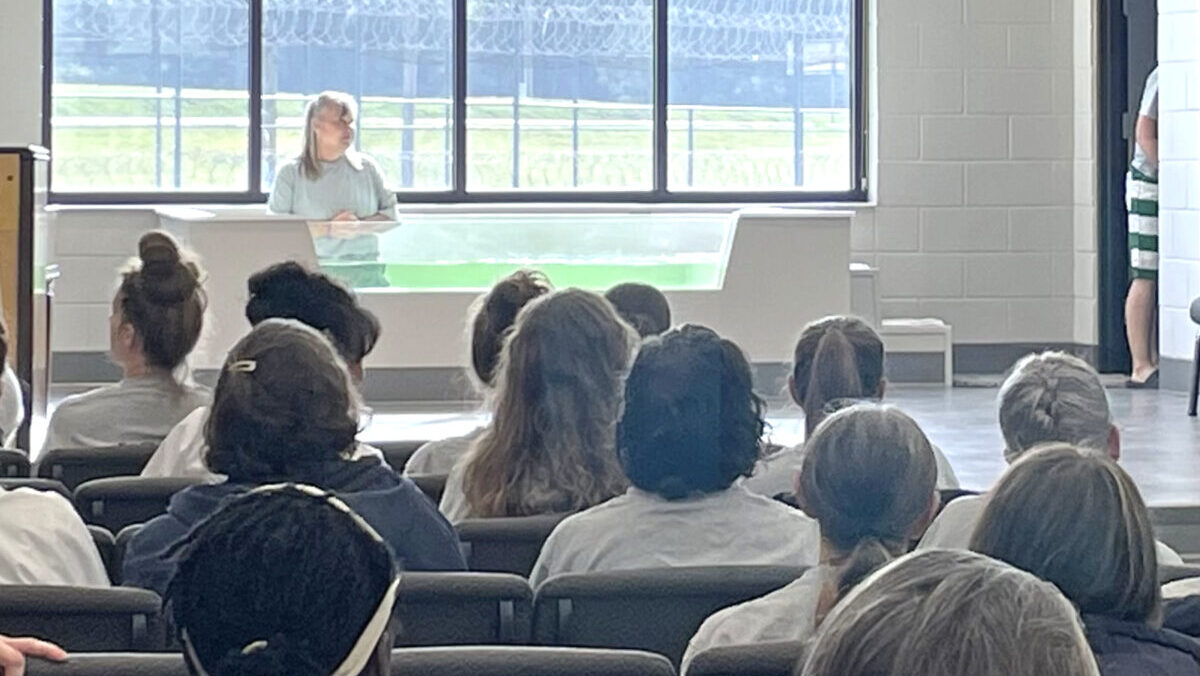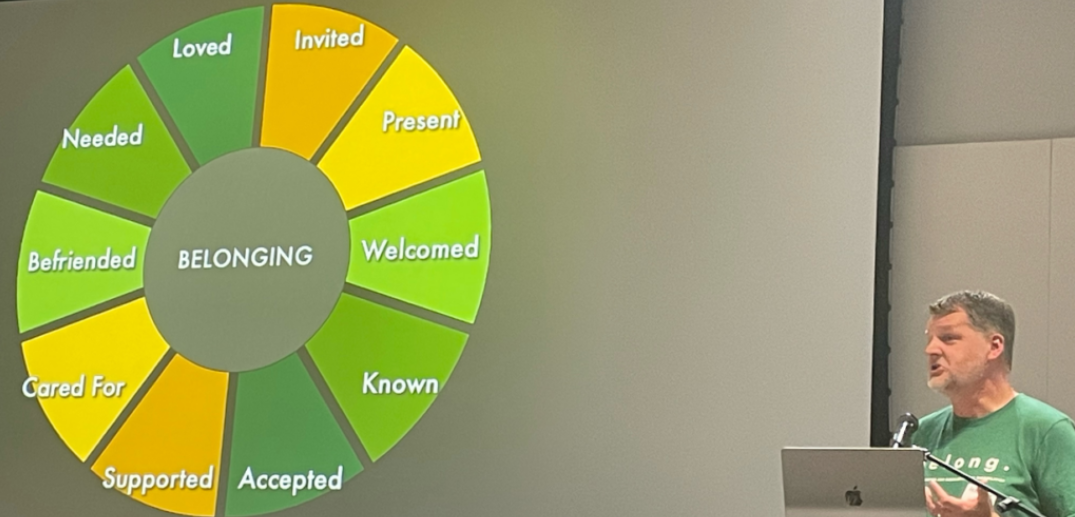Pornography is not often talked about in the church, but it is often on the minds of many church members. Pornography is a growing pandemic, and it is only getting worse.
As the Church, we need to ask ourselves, “What are we going to do about it?” It isn’t an “out there” issue, it is an “in here” problem that needs to be confronted with truth and grace for both the addict and the fallout victims it leaves in its wake.
RELATED: See more stories on the pornography crisis here.
Pornography is pervasive and as the Church, we must address it, discuss it and speak truth to the addict and victims. How do we do this? There are three truths that must be a part of the conversation about pornography.
1. God is bigger than pornography.
If you are an addict, it is difficult to believe that God is bigger than this addiction. It surely doesn’t feel that way if you are a wife, who for the second or third time has caught her husband using pornography. The Bible tells us that we have truth on our side. In Christ, we have overcome this world. Because of our faith in Him, He gives us victory and the desire to do His commandments (1 John 5:1–5). We are more than conquerors, and nothing separates us from the love of God in Christ Jesus (Romans 8:37–39). God has also given us His perfect Holy Spirit who promises to help us in our weakness (Romans 8:26). This Spirit of Truth will guide us into all truth (John 16:13). If we confess our sins, God is faithful and just and will forgive us our sins and purify us completely (1 John 1:9). There is nothing in this world that God can’t overcome. God is bigger than pornography.
2. Pornography is a sinful addiction — treat it like one.
When it comes to pornography, we use words like “issue” or “problem” rather than calling pornography a sin, a highly addictive sin. In February 2023, Covenant Eyes wrote an article on how pornography impacts the brain. The author stated, “The cravings experienced by someone hooked on porn can be like the cravings of a drug addict. The chemical pathways of the brain designed for sexual pleasure are rewired to seek out porn instead of real sex.” Pornography is a natural addiction, which means that although there is no drug to put into your body, the chemical responses of the brain change because of it. We have an enemy whose goal is to keep us addicted and in bondage. Acknowledging this enemy and his lies is the first step to freedom.
3. Community is necessary to overcome this addiction.
The community plays two roles in this addiction-redemption process. The first role is for the addict. Pornography causes shame and regret and causes you to feel powerless. The addiction grows in isolation and multiples when left alone.
Your brain may be tattooed with pornography but there is no visual sign that you are a pornography addict. Barna reported in 2016 that 55% of pastors who struggle with this addiction live in “constant fear of being discovered.” The fear of being found out pushes you deeper into the addiction cycle. Shedding light comes as you invite a safe community into your struggles.
If the power that drives pornography is secrecy, then the power that removes it is exposure. The secrets that shackle you are blown up in the light of the gospel and a community focused on the gospel. We need discipleship and accountability to move forward.
The second role community plays is support. I have observed the power of the community to embrace those impacted by pornography. Those who are connected to addicts may also feel shame. They need the light of a safe community to understand, embrace and bear their burdens. It is important to remember, those you invite into the trenches need to be believers.
You need people who will point you to Christ. This may include a Christian counselor who is trained in trauma and addiction recovery. When you are hurt and broken, you need people who will speak the truth in love and keep redirecting you.
These three truths are a starting point. Sexual sin is not new to Christendom. It has been a part of the story since the Fall. The question that we must ask today is, “How are we going to confront it?”
EDITOR’S NOTE — This is an excerpt of a story written by Leslie Umstattd and originally published by Midwestern Baptist Theological Seminary. She is an assistant professor of Christian Education at Midwestern Seminary.








